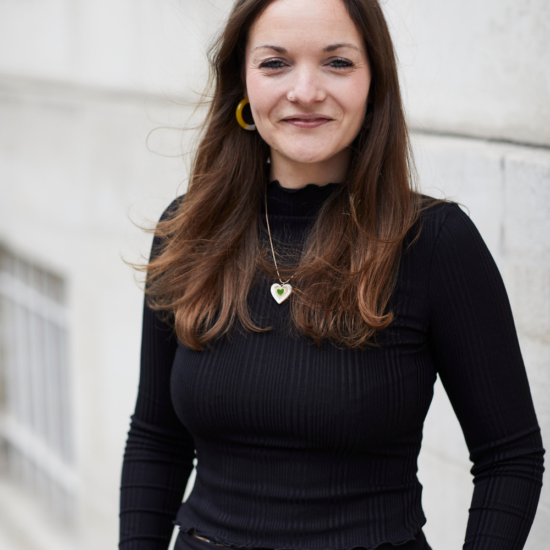COVID-19 Diaries: learning from 6 community businesses
Renaisi is the evaluation partner for Power to Change’s Empowering Places programme. In the last 18 months, we’ve gathered learning through interviews and video ethnography from six community businesses about how they’ve adapted, survived or thrived through the Covid-19 pandemic.

Empowering Places funds six local community-focused organisations to nurture and grow community businesses in their local area, creating more prosperous places which benefit local people through better jobs, amenities and connections. Empowering Places calls these organisations ‘catalysts’.
Operating across six different urban centres in areas of high deprivation, the catalysts face unique challenges to creating and incubating new community businesses, things like limited social capital and bad health deter local people from being able to take the necessary financial risks associated with starting new businesses.
Like organisations up and down the country, during the pandemic, the catalysts and the community businesses they support had to rapidly adapt to changing realities – we asked them to keep Covid Diaries to help us understand their experiences.
Evaluation partnership
Renaisi is the evaluation partner for three of Power to Change‘s programmes. At the start of the Covid-19 pandemic, we adapted the evaluation of all three to understand what can be learnt from community business responses to COVID-19.
Last year, in a series of blogs for Power to Change Renaisi’s Senior Programme Manager Annabel Litchfield shared insights on the role of sectors, peer support, partnership working and the use of assets. You can read a summary of that learning from July 2020 here.
The videos below, produced by Renaisi and Close Up Research, build on that learning and give us a window into how these organisations and the communities they operate in and support have responded to the crisis.
Incredible individuals
Smooth adaptation during the crisis appears to be down to incredible individuals at the catalyst organisations and within the community, that drove change and supported others to get on board. This reflects pre-pandemic learning gathered from our evaluation of Power to Change’s More than a Pub programme in 2019.
Asset development
The pandemic has forced people to think creatively about how they can run businesses and use spaces to generate income. Asset development has been critical to sustainability for the communities featured in this evaluation.
A separate scoping study into community asset ownership in ‘left behind neighbourhoods’ commissioned by the APPG for ‘left behind’ neighbourhoods demonstrated that community asset ownership is lower in more deprived areas. Renaisi’s recommendations for removing the barriers to asset ownership for left-behind neighbourhoods will be delivered to the APPG in partnership with Power to Change and Local Trust later this year.
Digital adaptation
Adapting to do more online has presented challenges, as well as opportunities. Those that were able to adapt have found new ways of connecting to different parts of their communities and new volunteers.
Supporting the community
Maintaining relationships has been challenging but the existing work and connections of catalysts, coupled with the speed and agility they were able to move at has built their reputations locally and has seen more influential local partners wanting to work with them to support their communities.
Impact on people
Loss of jobs, loss of income, reduced hours of work and increased isolation is having a drastic economic and wellbeing impact on the resilience of people living in communities that were already experiencing deprivation.
The work of the community anchors has been positive but in many ways their biggest challenges are just beginning:
“the stuff that’s going to roll on is going to be the economic impact, huge unemployment and the impact that’s going to have on the most vulnerable”
Ed Whitelaw, Headof Enterprise and Regeneration, Real Ideas Organisation in Plymouth.
Watch the full Community Business Covid-19 Diaries here:

- Want to find out more?
- Contact Lily O’Flynn on:
- l.oflynn@renaisi.com




